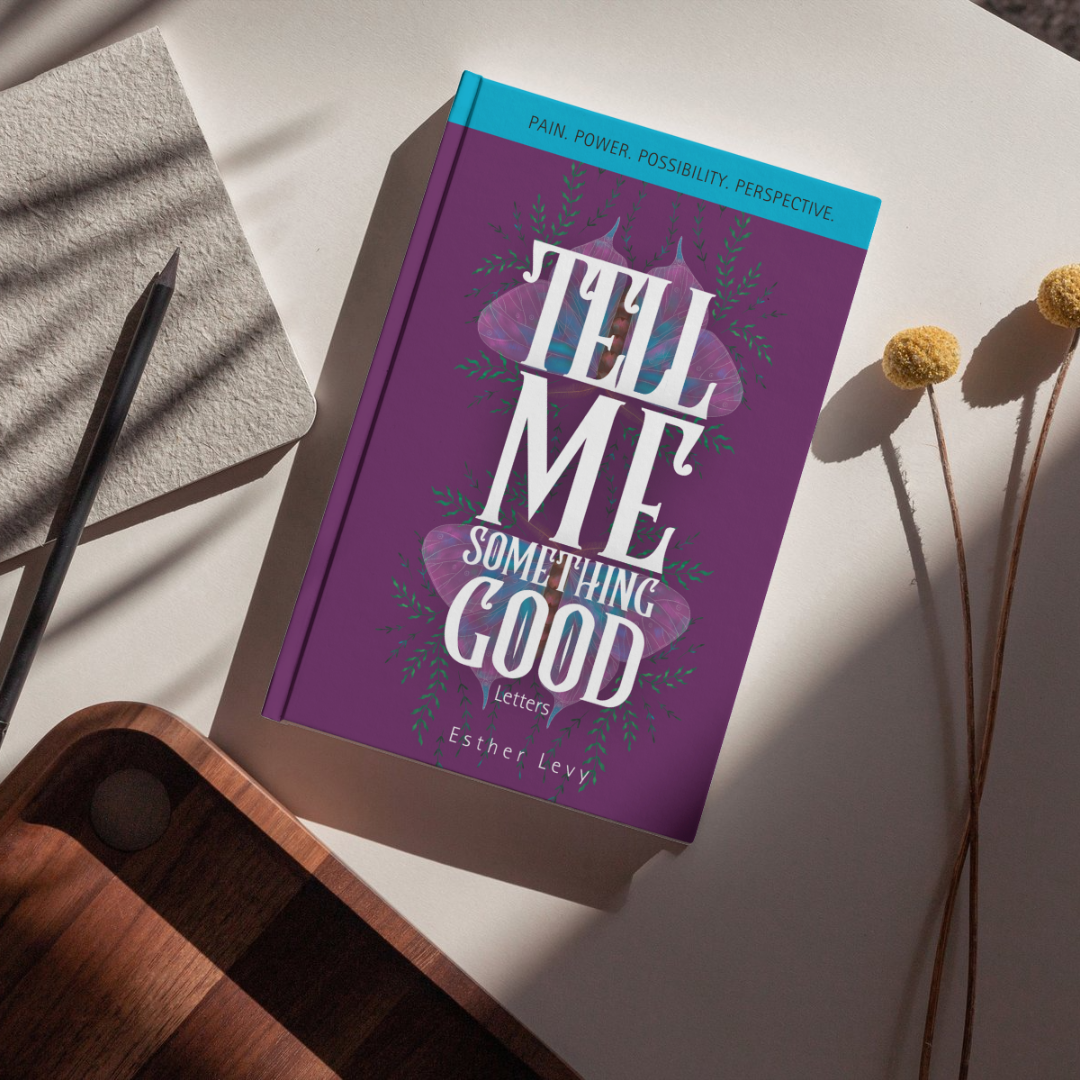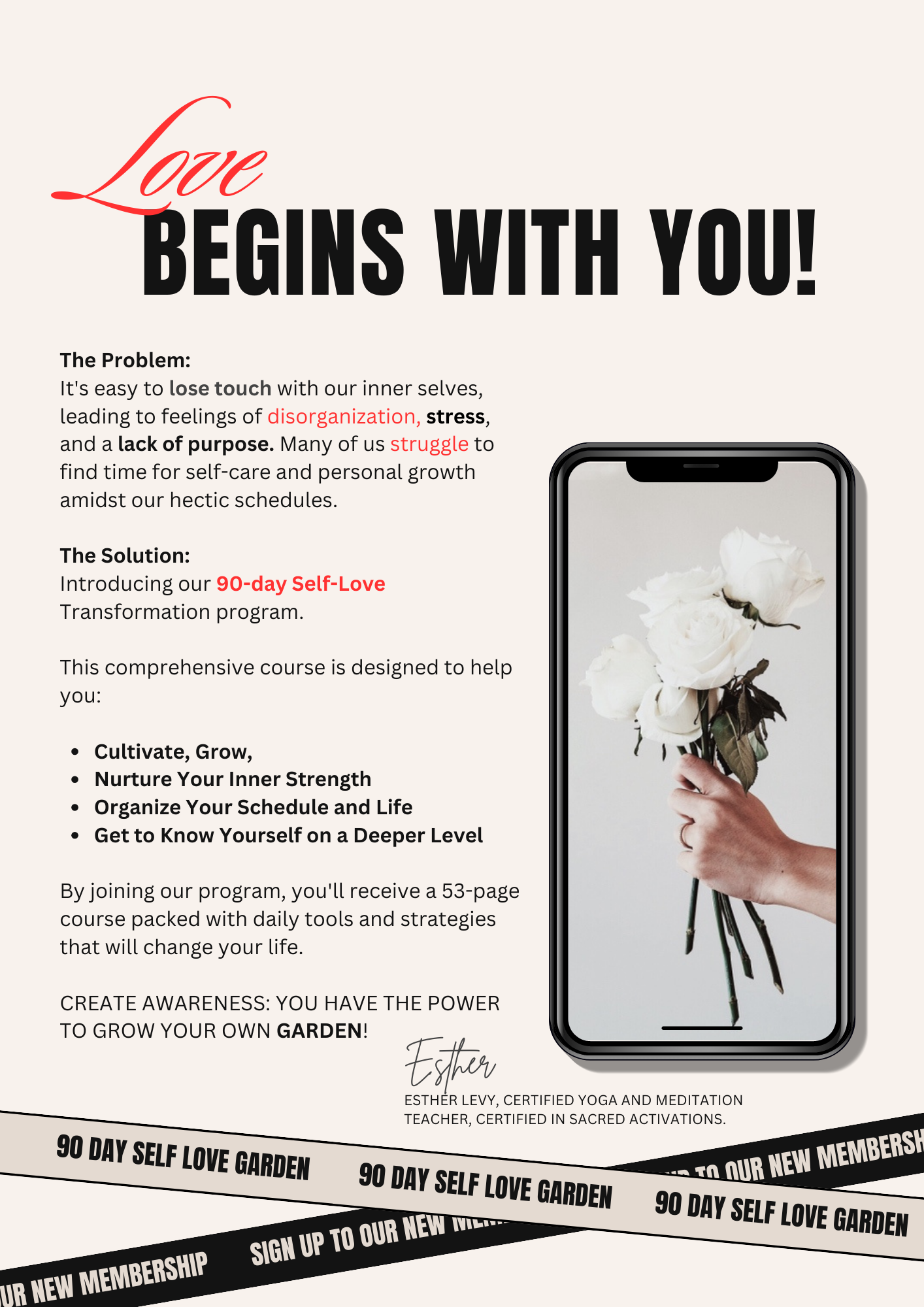If I gave you permission to set aside your daily stresses….
What happens next?
The consequence of always living in survival is our nervous system shuts down.
The worst part is that in this state, we can’t enjoy life. We don’t have the ability to relax and be in the presence of simple pleasure.
We descend into a lower-frequency existence, where our body is disconnected from our awareness while in motion. We exist in our heads, calculating every move void of our body and emotional awareness.
Planning + Preparation = Participation
If I gave you permission to set aside your daily stresses and societal pressures for a moment, what do you deeply desire?
Where would you go?
Who would you be?
Take a beat
— I’m serious. Take your time to sit with this question before continuing.
Don’t tell yourself it’s impossible or ridiculous. Knowing your deepest desire will tell you everything you need to know about why you behave and operate the way you do, even if you are unaware of it.
Sometimes, we wonder why the universe is not giving us what we truly want. It is difficult to receive what you desire if
- You are not fully connected: Mind, Body, Soul awareness.
- Stress/Resistance disconnects you from any form of communication with yourself and the outside world.
- The logic of survival mode is rooted in a lack of belief in a better future. This mindset becomes a psychological trip wire, triggering us to default to protective behaviors and limiting our ability to envision and work towards positive change.
When we’re in survival mode,
Our brain’s primary focus is on immediate safety and security, often at the expense of long-term goals and aspirations.
Psychologically, this can be explained by the way our brains are wired to respond to perceived threats.
The amygdala, which processes fear and stress, becomes hyperactive, overshadowing the prefrontal cortex, which is responsible for planning, decision-making, and envisioning the future.
This imbalance makes it difficult to move beyond immediate concerns and consider broader possibilities.
Survival mode also reinforces negative thought patterns and self-doubt, trapping us in a cycle where the lack of belief in a better future perpetuates itself.
We become so focused on managing present crises that we neglect to nurture hope and take proactive steps toward growth and improvement.
Breaking out of this cycle
requires conscious effort to rebuild trust in our potential and create a vision for a brighter future.
This involves practices like mindfulness, positive affirmations, and setting small, achievable goals that gradually restore our confidence and expand our horizons.
How This Works >Participation
Imagine your life in alignment with your deepest desires. How would life look and feel if you lived in that dream place, ate that delicious food, created that exciting project, had that baby, or moved into that bigger house?
Visualize it clearly.
Notice the first thing that comes up is often restriction: “I don’t have the money,” or “I won’t manage.”
This is normal. Your brain needs time to be introduced to a new normal.
Overcoming Internal Resistance
The journey involves moving through emotions like anger and love. For example, I used to get angry when my kids would leave. Underneath all the layers, I was actually missing them deeply. There was also shame about not being able to provide as much as I wanted.
Emotions often come in layers.
Initially, we might feel a strong wave of anger, protection, or resistance. These are our first drafts of feelings, often masking deeper emotions.
When you take a moment to breathe into your body and become familiar with the situation, your nervous system will respond more accurately.
Trusting that there is a process, it’s better not to get stuck on that first draft. Wait, regulate, and you will be surprised by what is really going on beneath the surface.
Regulating emotions starts with noticing them without immediate reaction. Understand that your initial emotional response might not be the whole story.
By practicing patience and giving yourself space to process, you allow deeper insights to emerge. For instance, the anger you initially feel might actually be a cover for sadness or fear.
To regulate your emotions, start by grounding yourself.
Pay attention to your body, simply by turning your attention to your sensations. You have five senses that constantly provide information about your environment and yourself. Let’s explore them:
Sight: Take a moment to notice the colors, shapes, and movements around you. Observe the light and shadows, and let your eyes focus on a single object. What details stand out to you?
Hearing: Close your eyes and listen to the sounds in your environment. What do you hear? Notice the subtle noises you usually overlook, like the hum of a refrigerator or the distant chirping of birds.
Touch: Focus on the sensation of touch. How does the surface you’re sitting or standing on feel against your skin? Run your fingers over different textures and notice the differences in how texture communicates with your body.
Smell: Inhale deeply and pay attention to the scents around you. What can you smell? Is it the aroma of food, the freshness of the air, or maybe the scent of a nearby flower?
Taste: If you have food or drink nearby, take a small bite or sip. Focus on the flavors and textures in your mouth. How does it taste? What nuances can you detect?
By paying close attention to these sensations, you can ground yourself in the present moment and develop a deeper connection with your body and environment. This practice not only enhances your sensory awareness but also brings a sense of mindfulness and calm into your daily life.
— feel your feet on the ground, notice your breathing, and bring your awareness to the present moment. This helps in creating a safe space within yourself where true feelings can be acknowledged and understood.
Steps to Genuine Participation
Plan and prepare. Set aside time each day to reflect on your deepest desires, write down your thoughts, and visualize your ambitions clearly.
Planning + Preparation > Participation
Address restrictions.
Acknowledge the initial restrictions that come to mind.
Understand that your brain needs time to adjust to new possibilities.
Regulate your emotions.
Regulating emotions means recognizing and managing your feelings in a healthy way so they don’t overwhelm you or negatively impact your behavior. It’s like using a thermostat to keep your emotional temperature just right.
Learn about your nervous system and how to regulate it. Allow yourself to feel the root emotions without resistance.
Ground yourself.
Practice grounding techniques to stay connected to your body and sensations. Embrace feeling fully supported, like having solid ground beneath you.
Embrace the true sense of meaning that comes from being fully present.
Communicate clearly.
When someone contradicts themselves, their words don’t hold up because their actions or true intentions reveal a different story. It’s like promising reliability while consistently being unreliable.
Make your desires clear in your mind and in your actions. Integrate this clarity into your daily life.
Understanding and Regulating Emotions
When we become attuned to our true feelings, we can differentiate between what is ours and what is not.
Sometimes, we carry emotional burdens that belong to others — family expectations, societal pressures, or past experiences.
It’s crucial to identify and release these external influences to focus on our genuine emotions.
Participation in life involves planning, preparation, and being present. By understanding and addressing your deepest desires, you can move past initial restrictions and embrace a life of genuine meaning.
When you are grounded in your body and emotions, you naturally connect to a higher power and find true fulfillment.
Rather than trying to make myself feel better, trying to get to the root of the problem and feel.
Allow yourself to dream, plan, and prepare. Clear communication with yourself and the universe will guide you to a life that aligns with your deepest desires.
You’ve got this! Keep moving forward, and let the clarity guide you to a more balanced and fulfilling life.
“Tell Me Something Good” is finally here!
Get your copy. of Inspire a Friend.
Pain, Power, Perspective, and Possibility
Embark on a transformative journey with “Tell Me Something Good,” a compelling collection of insights on pain, power, perspective, and possibility. Born from a series of thought-provoking weekly newsletters on self-development, this book offers a treasure trove of wisdom for anyone seeking personal growth and resilience.
In “Tell Me Something Good,” you’ll discover how to navigate life’s challenges with grace and fortitude. Each chapter delves into the nuances of human experience, providing practical strategies to harness your inner power, shift your perspective, and embrace the endless possibilities that life offers.
Tell me Something Good
Tell Me Something Good: Pain, Power, Perspective, and Possibility Embark on a transformative journey with “Tell Me…ujjayiinc.com
90 Day Self Love Transformation
LOVE Begins with YOU!
90 Day Self Love Transformation
LOVE Begins with YOU! YOU are ready to take the transformative step towards a better SELF! Dive deeper and connect…estherlevy.ck.page
YOU are ready to take the transformative step towards a better SELF!
Dive deeper and connect! Join hundreds of women. But only if you are serious about your self-development journey.
You will receive a 53-page course packed with daily tools and strategies that will change your life.
Create awareness: You have the power to grow your own garden!
90 Day Self Love Transformation
LOVE Begins with YOU! YOU are ready to take the transformative step towards a better SELF! Dive deeper and connect…estherlevy.ck.page



